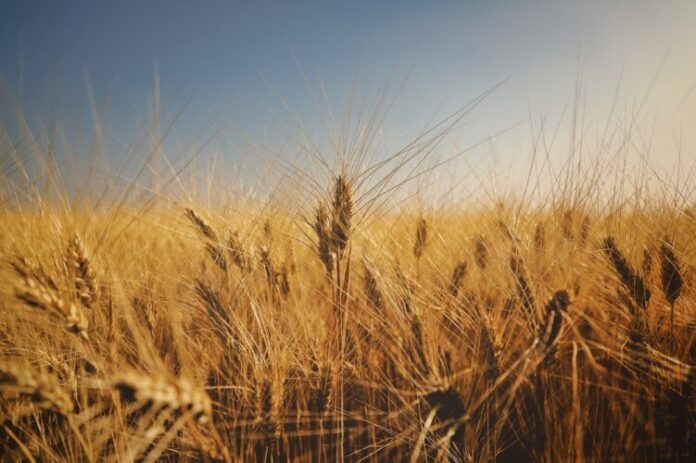A crucial component of human existence, food security also contributes significantly to nations’ consistent economic growth and prosperity. Although we would be tempted to think that the world is moving in the right direction, the FAO offers a different image, particularly for Africa.
Africa is expected to see an increase in hunger of 11.5% by 2030, despite expectations for a drop in global hunger overall. Fighting hunger in Africa is more important than ever to advance the general welfare and prosperity of the continent, especially with high global inflation approaching and food prices still being influenced by the events of 2022.
High energy prices are being brought on by geopolitical tensions, and consumer prices are also being distorted by supply-side disruptions. As a result, double-digit inflation rates or greater are being experienced in about half of the world’s nations.
The aforementioned infographic, which uses data from Trading Economics, displays the nations with the greatest inflation rates in light of the new macroeconomic factors reshaping the world economy.
Numerous nations are dealing with record-high inflation rates; some even have triple-digit inflation rates. The greatest rates are seen in Zimbabwe, Lebanon, and Venezuela on a global scale.
The Bank of International Settlements tracks 38 central banks, and 33 of them have increased interest rates this year as inflationary pressures worsen. The end of a period of historically low-interest rates is signaled by these synchronized rate increases, which are the greatest in the past two decades.
As long as inflation is alarmingly high through 2023, central banks may keep adopting hawkish measures.
Energy inflation is driving up living expenses globally as a result of the conflict in Ukraine. Crude oil, natural gas, coal, and propane are the components of a global energy price index that has been steadily rising since October 2020.
Natural gas costs in Europe have increased sixfold from the average price in 2021. Real household power costs in Europe have increased by 78%, while gas costs have increased by 144% during the past 20 years.
Price pressures are anticipated to remain strong despite recent drops due to the fierce worldwide rivalry for the supply of liquefied natural gas. In addition to price volatility, economic stress, and energy shortages, the energy shock has other negative effects.
The Black Sea Grain Deal, which Ukraine and Russia signed in the middle of July 2022, was meant to create a secure export route for Ukrainian agricultural exports. Türkiye and the UN served as the deal’s middlemen.
With the escalation of the Ukrainian conflict came a grain shortage on the world market for providing, which was addressed by the agreement.
Additionally, one of the primary demands made by the Russian side was that the US and EU ease their restrictions on Russia’s supply of grain and mineral fertilizers in exchange for a ban on the entrance of weapons into Ukraine by maritime transport.
However, it became evident after a few months that not all parties in the Black Sea Grain Deal were able to receive the benefits they had hoped for.
Due to the embargo of seaports, Ukraine has worked particularly hard to establish a network of land channels for the transportation of food to Europe. This made it possible for Kyiv to maintain the required export volume even without the grain contract.
The transit of Ukrainian agricultural goods from Poland to other EU nations increased 16 times between January and October 2022 in comparison to the same period the year before, according to Anjey Adamchik, Poland’s minister of infrastructure.
However, the income from grain sales only fell by 18% during the armed war, according to the Ukrainian National Scientific Center Institute of Agricultural Economics. Taking everything into account, the grain corridor’s inauguration has significantly facilitated logistics but very slightly influenced pricing.
To help curb food shortage, the UN FAO and WTO conducted a study and made a number of strong suggestions to the G20 governments, an international body made up of 19 nations and the European Union, all of which were aimed at reducing problems with the food supply caused by the shortages.
The WTO and FAO study recommends “mobilizing foreign financial help” and putting in place instruments like “fertilizer contract swaps” to do this while reducing farmer expenses.
Moreover, in late November a press release confirmed the relaunch of operations of Lithuanian fertilizer manufacturer Lifosa, a subsidiary of the Swiss EuroChem Group AG.
“With the need to continue fertilizer supplies to key target markets in Europe and the Americas and the importance of Lifosa to Lithuania, we are pleased that we will be able to restart production in the short term,” Brikho noted.
The announcement further emphasized that removing restrictions on obtaining premium raw materials from EuroChem would allow Lifosa to once again meet the high cadmium limits imposed by the EU Commission.



